
The History of the Carabiner(2025)
LGBTQ+ Documentary
Through a creative blend of mixed-media and charismatic narration balancing humor, sass and historical gravity, discover the queer history of the carabiner in this latest WaterBear Original, directed by Gianna Mazzeo and made in partnership with Nikon. Follow the carabiner’s story, from its humble 1911 climbing roots (thanks, Otto "Rambo" Herzog), to empowering butch mechanics and postal workers in the 60s, becoming a potent signal of identity and attraction in the 80’s (think Tinder, but with hardware) and as a TikTok fashion sensation today.
Movie: The History of the Carabiner
Top 4 Billed Cast
Video Trailer The History of the Carabiner
Similar Movies
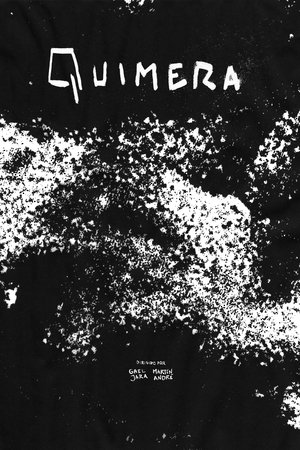 0.0
0.0Chimera(es)
A non-binary folk watches the handover of the first non-binary ID in the history of Chile. As they try to do the paperwork, they will face the bureaucracy of the legal proceeding.
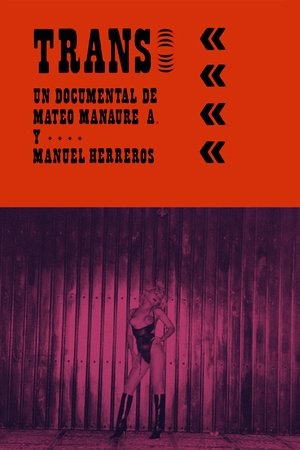 0.0
0.0Trans(es)
Trans is a 1982 Venezuelan documentary short film that offers an intimate look into the lives of a group of trans women and drag performers in Caracas, exploring their experiences in a society marked by transphobia and homophobia. Through interviews and performances, the documentary highlights the resilience and dignity of these women in the face of widespread discrimination and violence. Premiering at the Venezuelan National Cinematheque in 1982, Trans is considered a pioneering work in the representation of the trans community in Latin American cinema.
 9.0
9.0Art and Pep(en)
Art Johnston and Pepe Peña are civil rights leaders whose life and love is a force behind LGBTQ+ equality in the heart of the country. Their iconic gay bar, Sidetrack, has helped fuel movements and create community for decades in Chicago's queer enclave. But, behind the business and their historic activism exists a love unlike any other.
 7.3
7.3The Times of Harvey Milk(en)
Harvey Milk was an outspoken human rights activist and one of the first openly gay U.S. politicians elected to public office; even after his assassination in 1978, he continues to inspire disenfranchised people around the world.
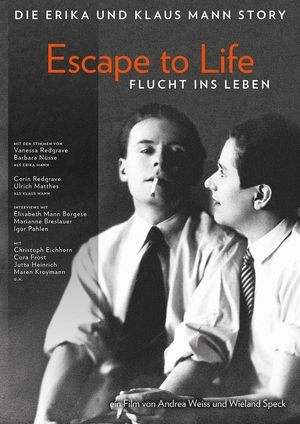 5.0
5.0Escape to Life: The Erika and Klaus Mann Story(en)
This documentary contains dramatized episodes about the lives of Erika and Klaus Mann, the brilliant children of German writer Thomas Mann.
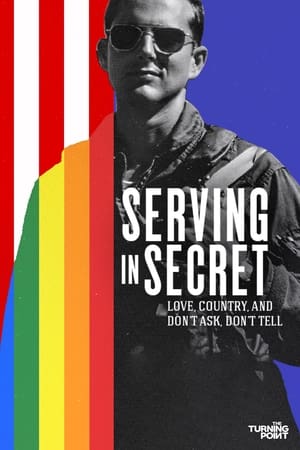 0.0
0.0Serving in Secret: Love, Country, and Don't Ask, Don't Tell(en)
Tracing the U.S. military's long history of discrimination against the gay community and one couple's personal journey for acceptance.
 0.0
0.0Gay March on Washington(en)
UCLA Student Film, Preserved by the UCLA Film and Television Archive. Documentary from Community Video Center San Diego about the Gay Rights March on Washington D.C. on October 14, 1979. Interviews include representatives from the Greater San Diego Business Association, San Diego Democratic Club, Senate for Social Services, and Gay Alliance for Equal Rights, a mother advocating her gay son's rights and creator of a parents activist group in Orange County, Allen Ginsberg, and Gay Mormons, as well as other attendees of the march. Interviewees speak about gay rights, equal protection under the law, and end to discrimination against gay people.
 7.0
7.0Old Lesbians(en)
For the last quarter century, Houston native Arden Eversmeyer journeyed across the country to record hundreds of oral "herstories" with a mostly invisible population that is rapidly disappearing. Old Lesbians honors Arden's legacy by animating the resilient, joyful voices she preserved in the Old Lesbian Oral Herstory Project, from first crush to first love, from the closet to coming out, and finally from loss to connection.
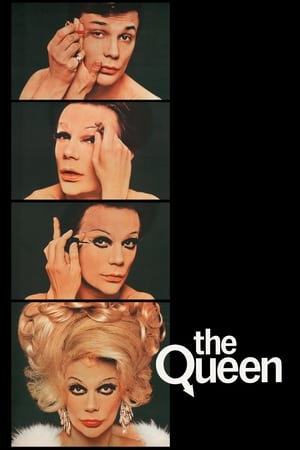 6.4
6.4The Queen(en)
In 1967, New York City is host to the Miss All-American Camp Beauty Pageant. This documentary takes a look behind the scenes, transporting the viewer into rehearsals and dressing rooms as the drag queen subculture prepares for this big national beauty contest. Jack/Sabrina is the mistress of ceremonies, and their protégé, Miss Harlow, is in the competition. But, as the pageant approaches, the glamorous contestants veer from camaraderie to tension.
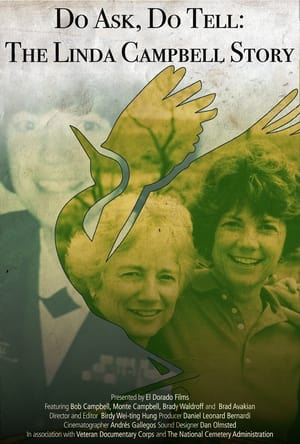 0.0
0.0Do Ask, Do Tell: The Linda Campbell Story(en)
Set against the backdrop of the repeal of the "Don't Ask, Don't Tell" policy, the film chronicles the journey of Lt. Col. Linda Campbell, an Air Force veteran who grappled with hiding her true self during her service tenure. While the national policy shift towards LGBTQ+ rights marks a progressive era, Linda's personal story serves as a powerful testament to the individual battles fought in the shadows of such policies. Subjected to suspicion, prejudice, and threats from her comrades due to her perceived homosexuality, Linda's resilience remain undeterred. Her unwavering love and commitment to her partner, Nancy Lynchild, culminate in a poignant milestone: their eternal rest together in Willamette National Cemetery. Intertwined with this narrative is the account of Linda's brother, Bob Campbell, who delves into their family's conservative roots, Linda's tumultuous coming out, and the eventual familial reconciliation that showcases the transformative power of love and understanding.
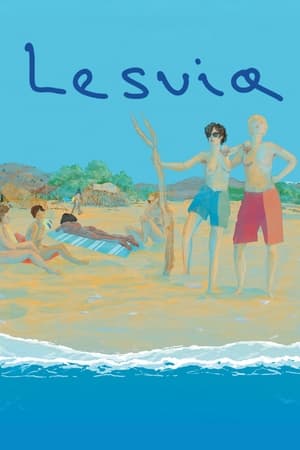 0.0
0.0Lesvia(el)
Since the 1970s, lesbians from around the world have been drawn to the island of Lesvos, the birthplace of the ancient Greek poet Sappho. When they find paradise in a local village and carve out their own queer lesbian community, tensions simmer with the local residents. With both groups claiming ownership of lesbian identity, filmmaker Tzeli Hadjidimitriou—a native and lesbian herself—is caught in the middle and chronicles 40+ years of love, community, conflict, and what it means to feel accepted.
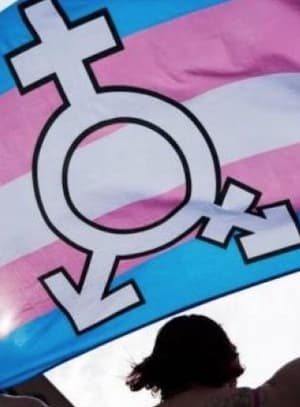 9.0
9.0How I Became a Woman(es)
In the first person, a documentary that shows us the experience of Vida Rodriguez, formerly Inocente Duke, in situations that the Trans Law favors: what happens when entering a sauna, locker room, or a public service (even in the Congress of Deputies). An experience that, with respect and large doses of humor, brings us face to face with a law and its difficulties in its implementation.
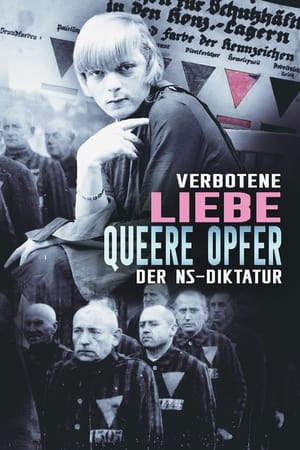 0.0
0.0Verbotene Liebe - Queere Opfer der NS-Diktatur(de)
Sexual minorities were oppressed, imprisoned and murdered by the Nazis. Paragraph 175 criminalized homosexual men during the Nazi era – but the Nazis also discriminated against lesbians and trans people. They should be excluded from the national community. More than 50,000 queer people have been proven to have been persecuted. The documentary highlights three poignant fates in the context of Nazi terror.
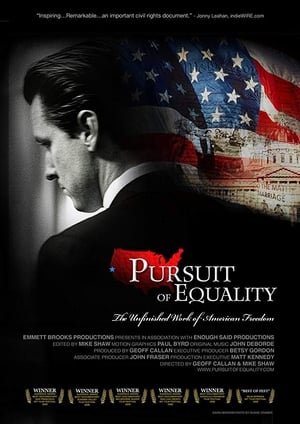 1.0
1.0Pursuit of Equality(en)
By issuing marriage licenses to same gender couples, San Francisco Mayor Gavin Newsom uproots the status quo and attempts to change the way the nation looks at life, love, and marriage.
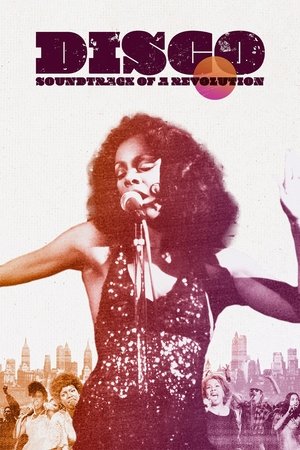 8.0
8.0Disco: Soundtrack of a Revolution(en)
From the sweaty basement bars of 70s New York to the glittering peak of the global charts, how disco conquered the world - its origins, its triumphs, its fall and its legacy.
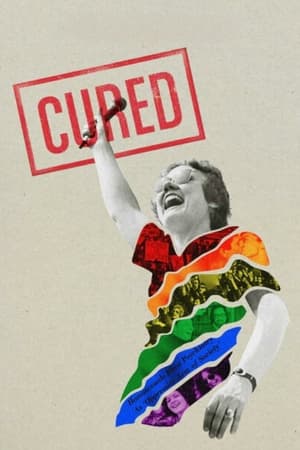 4.2
4.2Cured(en)
Mentally ill. Deviant. Diseased. And in need of a cure. These were among the terms psychiatrists used to describe gay women and men in the 1950s, 1960s, and early 1970s. And as long as they were “sick”, progress toward equality was impossible. This documentary chronicles the battle waged by a small group of activists who declared war against a formidable institution – and won a crucial victory in the modern movement for LGBTQIA+ equality.
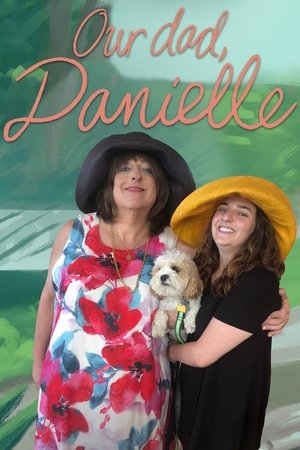 10.0
10.0Our Dad, Danielle(en)
The extraordinary story of a world-renowned patent attorney in Sugar Land, Texas who, at 57, came out as a trans woman and is now navigating LGBTQ+ issues and fighting for trans rights in the vortex of Texas conservatism, as she and her family challenge the idea of what modern love looks like.
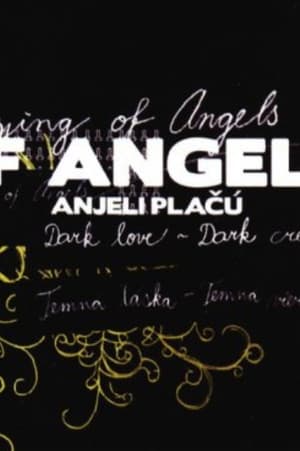 0.0
0.0Crying of Angels(sk)
Crying of Angels is the first documentary film about the gay community in the history of Slovak cinema. The collage of stories from the lives of the protagonists does not attempt to objectively portray this minority in post-communist society, but is an author's testimony about the existence of a people in conflict with social norms and with themselves.
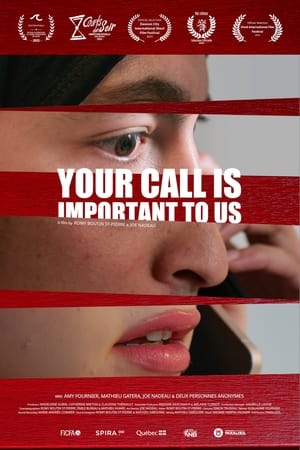 8.0
8.0Your Call Is Important To Us(fr)
The only thing colder than a Canadian winter is Canadian bureaucracy (probably). Based on five real life stories, Romy Boutin St-Pierre and Joe Nadeau pay homage to the nation-wide stress headache of phone calls with the government in this surprising short.
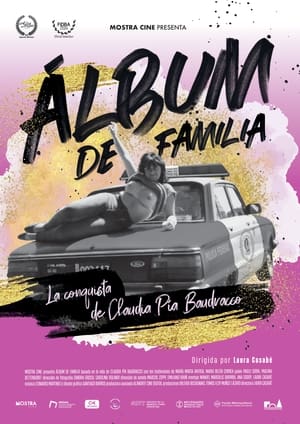 0.0
0.0Family Album(es)
Through archive footage and images as well as interviews, the movie paints the portrait of a legendary trans womens' rights activist in Argentina. Like a family album to flip through, the narrative charts the ties solidarity and mutual aid create between people of the LGBTQI+ community and the long road to make the personal political, during the brutal 1980s in latin America.

